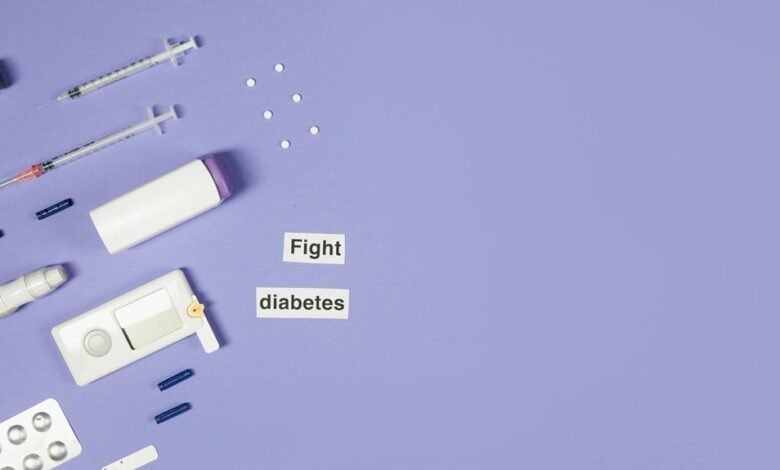Fraud Protection Check 3384860209 3894456123 3928383356 3482421353 3510702658 3510458316

Fraud protection checks are crucial in today’s digital environment, particularly concerning specific account numbers like 3384860209 and others. These checks help identify potential risks and safeguard sensitive information. By implementing measures such as identity verification and monitoring compromised data, individuals can significantly reduce vulnerability. However, understanding these processes and their implications remains essential. What are the best practices for ensuring one’s information stays secure amidst evolving threats?
Understanding Fraud Protection Checks
While the landscape of digital transactions continues to evolve, understanding fraud protection checks remains crucial for consumers and businesses alike.
Effective fraud detection relies on robust identity verification processes, ensuring that transactions are legitimate. By implementing these checks, organizations can safeguard their assets and enhance consumer trust.
Awareness of these measures empowers individuals to navigate the digital marketplace with greater confidence and freedom.
The Importance of Monitoring Compromised Data
As the prevalence of data breaches increases, monitoring compromised data has become a critical component of effective fraud protection strategies.
Best Practices for Protecting Your Information
Monitoring compromised data is an important step, but individuals must also adopt proactive strategies to safeguard their personal information.
Implementing data encryption ensures sensitive information remains secure from unauthorized access.
Additionally, regularly updating passwords and utilizing two-factor authentication can significantly reduce the risk of identity theft.
How to Respond if Your Data Is Compromised
Taking immediate action is crucial if an individual suspects that their data has been compromised.
First, notify financial institutions to prevent potential identity theft.
Next, change passwords and enable two-factor authentication.
Monitoring credit reports is essential after a data breach, allowing individuals to detect unauthorized activity promptly.
Lastly, consider placing a fraud alert with credit bureaus to enhance protection against future threats.
Conclusion
In an age where digital transactions are routine, the coincidence of increased online activity and rising fraud incidents underscores the critical need for robust fraud protection checks. By prioritizing identity verification and monitoring compromised data, individuals can significantly reduce their vulnerability. Implementing best practices, coupled with proactive responses to potential breaches, not only safeguards personal information but also fosters a sense of security in the digital marketplace. Ultimately, vigilance and preparedness are key to navigating this complex landscape confidently.



